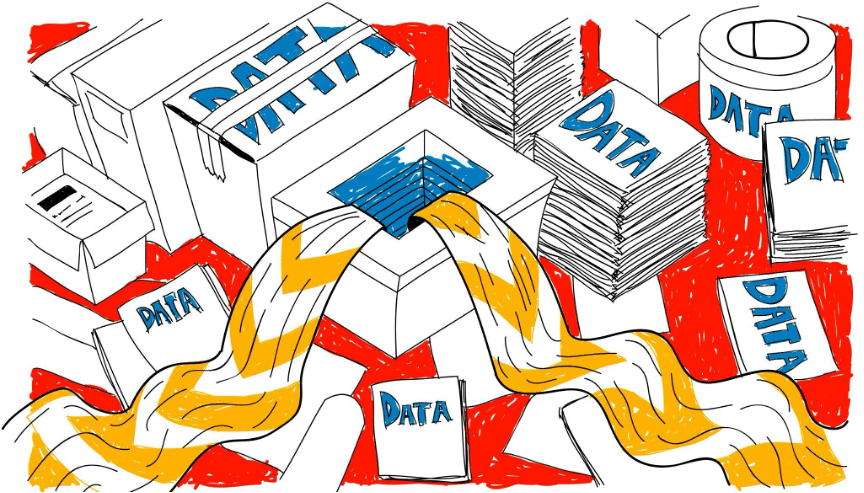today are facing a new kind of urgency when it comes to understanding the market. It’s not enough to just react anymore — you’ve got to predict, adapt, and act fast. In this evolving landscape, tools like a web scraper API paired with reliable proxy networks are becoming not just helpful, but honestly, kind of essential.
Rethinking Market Research in a World That Doesn’t Wait
If you’ve ever tried to stay ahead of your competitors using only quarterly reports or the occasional customer survey, you probably know the frustration — by the time you act, the moment’s already passed. The pace of change is wild these days. Trends shift overnight, consumer sentiment sways with a single viral post, and what worked yesterday might fall flat tomorrow.
Modern market research has to be quicker, more adaptable, and deeply tied to the digital spaces where real-time decisions are being made. And that shift? It’s made traditional methods feel a bit slow.
The Unsung Workhorses Behind the Screens
You might think web scraping is all about clever code and fast servers — and to some extent, it is. But without proxies, even the most sophisticated setup is likely to hit a wall. Websites don’t exactly roll out the welcome mat for automated data collection. They detect, block, limit, especially if you’re coming from the same IP repeatedly.
That’s where proxies come into play. They help spread out requests, disguise patterns, and let scraping tools like web scraper APIs work more naturally, as if they were browsing just like any human would. It’s almost like sneaking by online bouncers — quietly, respectfully, and without complaint. Occasionally, the biggest clues aren’t from head-on competition but from entirely different industries. For instance, a retail brand might study pricing strategies in the travel sector to rethink dynamic pricing models. Proxies allow that kind of cross-market observation without setting off alarms. It’s a bit like attending a conference anonymously — you’re there to learn, not interfere.

The Right Way to Collect Data
Anytime anybody says “scraping” or “data collection,” there is always a knee-jerk reaction about ethics. And rightly so, that’s a good instinct, the right questions are being asked. But here’s the thing: when used responsibly, proxies don’t cross ethical lines. They help businesses access publicly available data — things like prices, listings, reviews — in a way that’s efficient and fair.
The key is transparency and intent. We’re not talking about hacking or snooping. We’re talking about gathering the same information a regular user sees, just scaled up with the help of automation. And proxies? They’re what make that scale possible, without raising red flags or overwhelming servers.
Making Smarter Moves with Smarter Tools
Today’s competitive edge doesn’t come from having more data — it comes from knowing how to get it and how to use it wisely. With a web scraper API backed by a solid proxy network, businesses can gather the insights they need without compromising performance or ethics. It’s not just about scraping for the sake of numbers. It’s about being thoughtful with technology, smart with timing, and always respectful of the space we’re in — digital or not.

